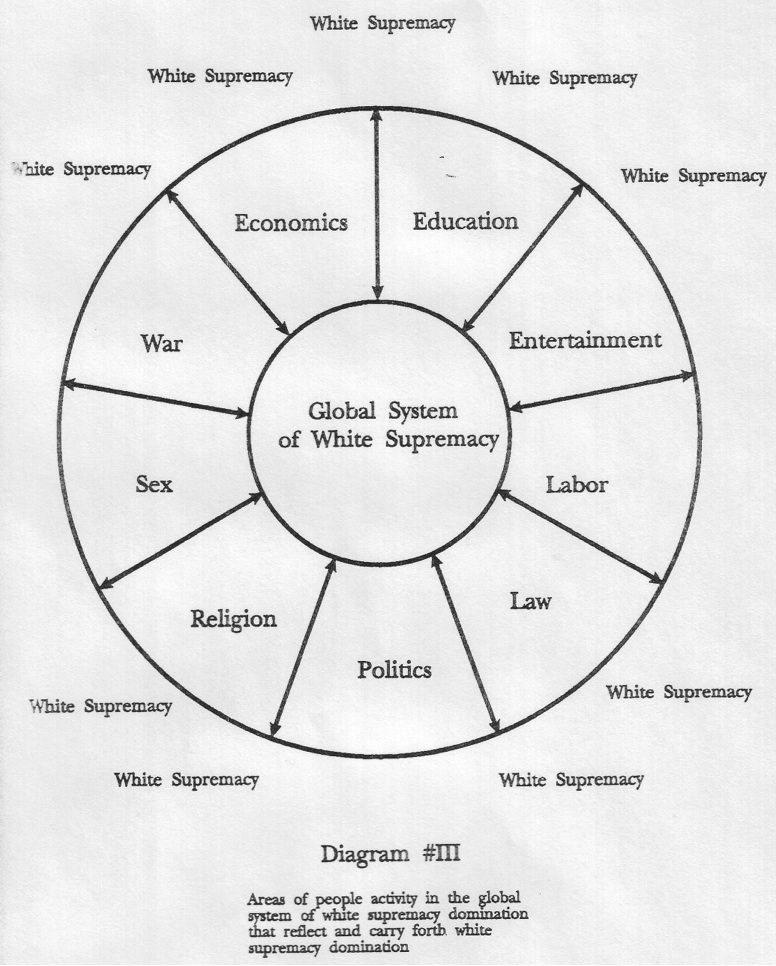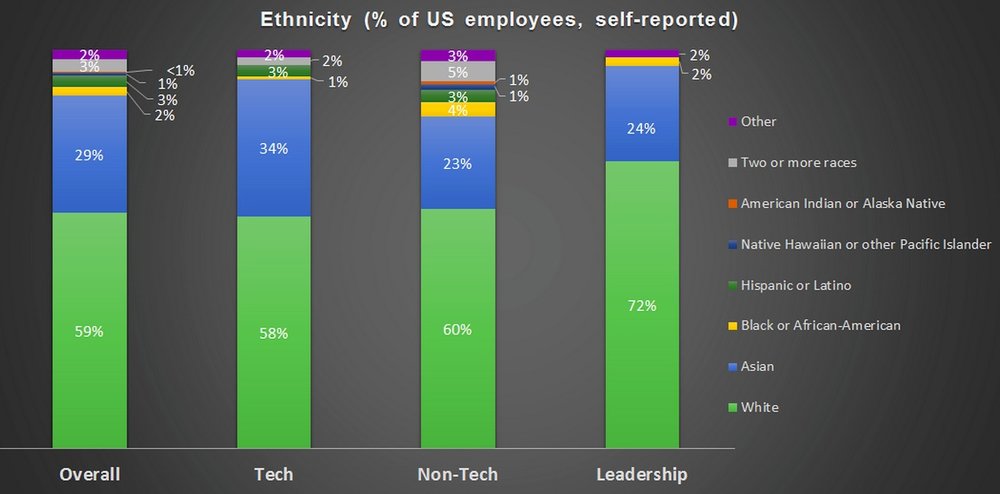#Stop Supporting White Supremacy: Although Most Twitter Users are Black, Only 2% of its Employees are Black

Since the shooting death of Michael Brown in Ferguson, Missouri, on Aug. 9, Twitter has exploded with a near unanimous public outcry from predominantly African-American Twitter users. Black Twitter — a multifaceted community of black activists, media personalities, scholars, artists, entrepreneurs, online organizers and writers — used hashtags such as #MikeBrown, #IfIWereGunnedDown, #NMOS14 (for “national moment of silence”), #HandsUpDontShoot and #Ferguson to express and collate their outrage over police brutality and media stereotyping. The rousing debate it has generated underscores the power and potential of black Twitter and is yet another reason Twitter should reward its primary influencers with proper representation and opportunity.
No Qualified Blacks? From [HERE] A 2009 study by the Pew Research Center revealed that proportionally more black people use Twitter than whites. Over the years, black Twitter has emerged as an incisive and influential community promoting social justice both on- and offline. But Twitter’s latest diversity data show that black Twitter is still a job fair waiting to be properly mined.
Twitter’s release of its ethnic and gender diversity data last month confirmed what we already knew about Silicon Valley–based tech companies: Its employment record for women and people of color is abysmal at worst and its stated plans hopeful at best. As with Google and Facebook, fewer than 3 percent of Twitter’s employees are people of color or women. Silicon Valley’s numbers overall are even lower.

Twitter CEO Dick Costolo, a racist suspect, commented last year that diversity is not as simple as “checking a box.” He implied that Twitter should not follow an affirmative action model in its recruitment but rather hire a qualified person who fits the company’s needs. Fair enough. But his comments seemed to deny the existence of the host of women and people of color in the tech industry who are unemployed or underemployed. In addition to those who can be educated and trained, there are simply too many individuals qualified for the jobs at hand.
Keeping safe on Twitter
As a relatively new company still shaping itself, Twitter has made some efforts to hear the thoughts of those using its platform. And as seen during a recent Twitter Q&A #AskCostolo, having more women and people of color on staff would be beneficial to the broader Twitter-using community and most certainly the company’s bottom line.
Many of the women and persons of color who took part in the conversation focused heavily on privacy, safety and accountability on the microblogging platform. For example, in contrast, Facebook has made reporting of those who troll, threaten and harass its users easier. Twitter should take similar measures by allowing women and people of color to contribute to its efforts to curtail abuse and make the platform more enjoyable. The relentless harassment that Zelda Williams, the daughter of the comedian Robin Williams, suffered on Twitter earlier this month after his death — leading her to quit the platform — may now push the company to take such issues more seriously. But listening to its diverse user base earlier may have prevented the incident and the PR disaster for the company.
